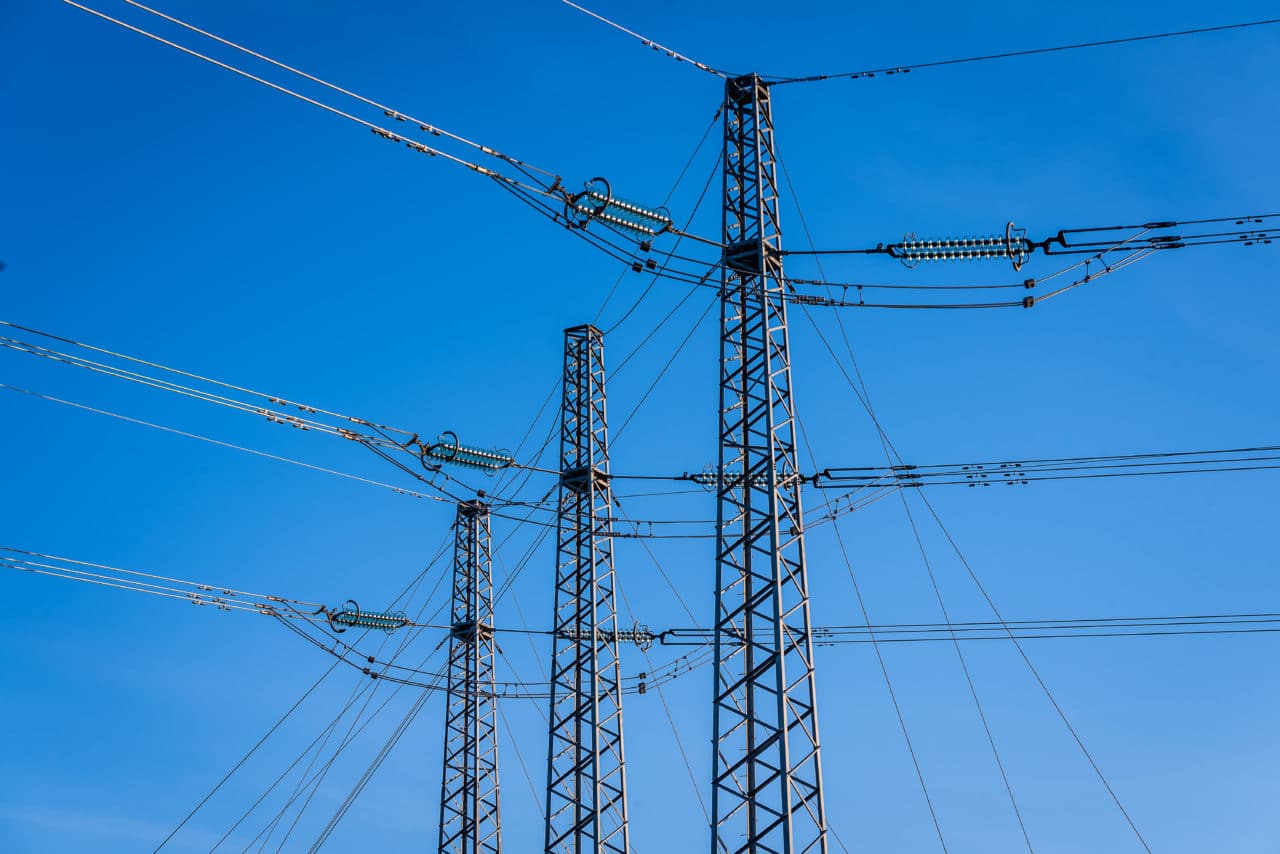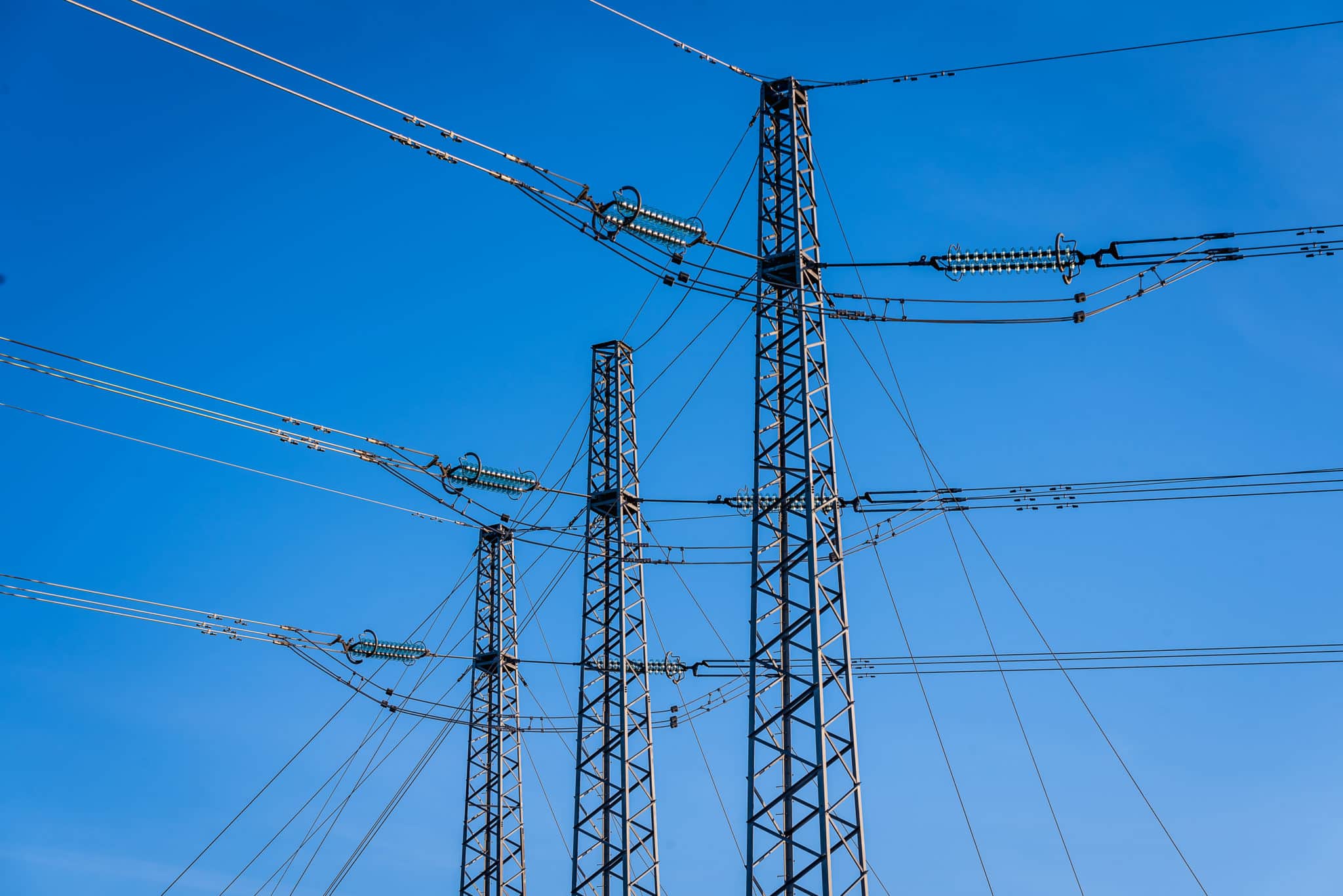Based on RME’s Proposal, but with some changes
The changes are mainly based on a proposal from the Regulatory Authority for Energy (RME) and the results of a hearing of the mentioned proposal. The changes will take effect on January 1, 2021, with some transitional rules.
The Ministry previously put out for hearing a proposal for an exemption from the requirement for a functional separation for power grid companies with fewer than 10,000 network customers. The deadline for comments on that proposal was July 1, 2020.
Requirements for individuals that can serve in the management of energy companies
One of the most debated requirements is the extent to which individuals in the corporate management can participate in the management of the power grid company. In RME’s original proposal, which was put out for consultation on June 28, 2019, there was a requirement that “persons with a leading position in a network company cannot have a leading position in the parent company or controlling owner.” However, an exception was proposed stating that if the parent company or controlling owner only “carries out overarching owner management and administrative joint services,” board members could be board members in both companies, provided they did not have a majority.
This proposal generated significant interest in the industry, and in its proposal to the Ministry on February 18, 2020, RME opened up for “other employees than the managing director” in the parent company or controlling owner, to be a board member in the power grid company.
The government has adopted less intrusive rules concerning management in power grid companies than those suggested in RME’s proposal. However, RME has imposed stricter regulations on other companies within the corporation group. The wording in the regulation is now as follows:





